Northumbria leading the way in corporate responsibility
In the past few years, many businesses have developed sustainable strategies where social responsibility is an integral part of their business model.

In the past few years, many businesses have developed sustainable strategies where social responsibility is an integral part of their business model.

Rising global sea levels may actually be beneficial to the long-term future of coral reef islands, such as the Maldives, according to new research published in Geophysical Research Letters.
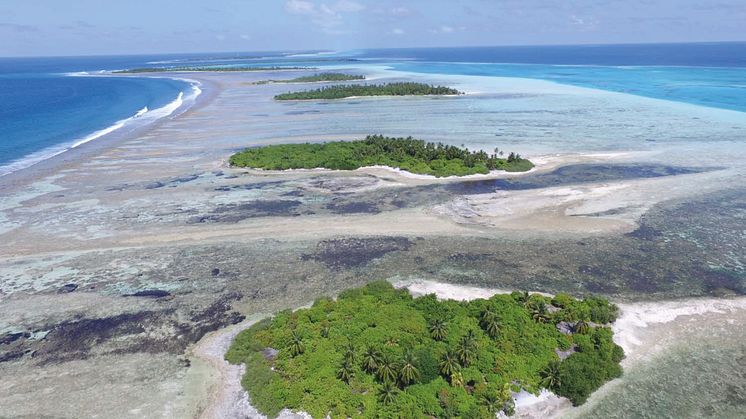
A new multimillion pound centre to train scientists to transform our understanding of planet Earth has been announced between Northumbria University and Newcastle University.

A talented PhD student from Northumbria University, Newcastle has won a major international award for his vision to create vegan-friendly buildings made of natural materials, such as mushrooms.

A leading Polar specialist from Northumbria University, Newcastle will shortly be returning to Antarctica to undertake more ground-breaking research after winning a prestigious international award.
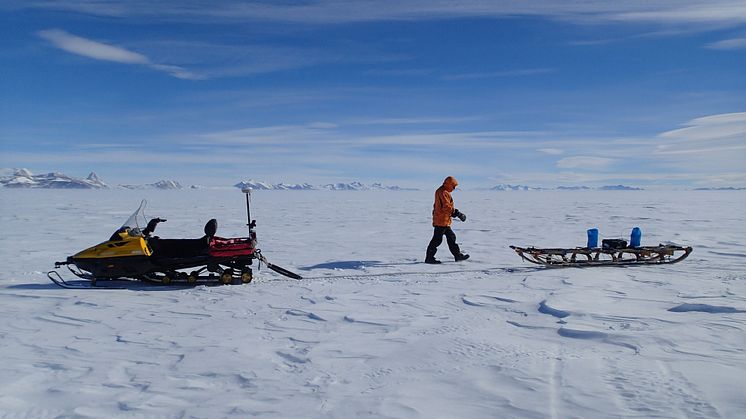
Climate change may have played a more important role in the extinction of Neanderthals than previously believed, according to a new study published in the journal, Proceedings of the Natural Academy of Sciences.

A team of world-leading Polar experts have been trialling a new tool developed by researchers from Northumbria University, Newcastle, that will better predict how ice sheets will evolve over time.
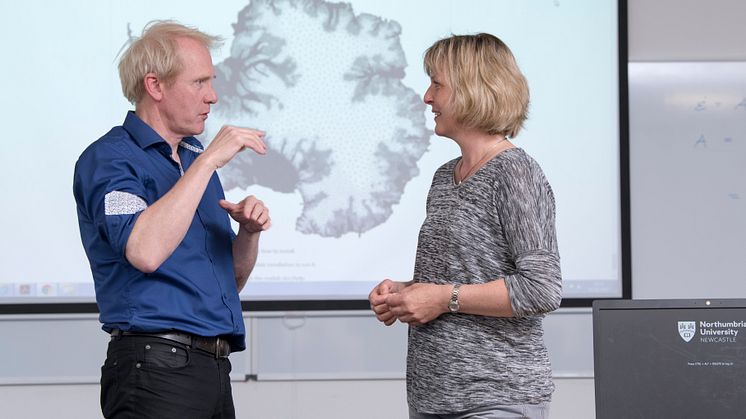
A promising student who was displaced from Syria has spoken of his experiences studying at Northumbria University, Newcastle.

A geographer from Northumbria University, Newcastle is leading on a £340,000 research project to examine how ancient civilisations in one of the most remote and inhospitable areas of the Amazon farmed their land.
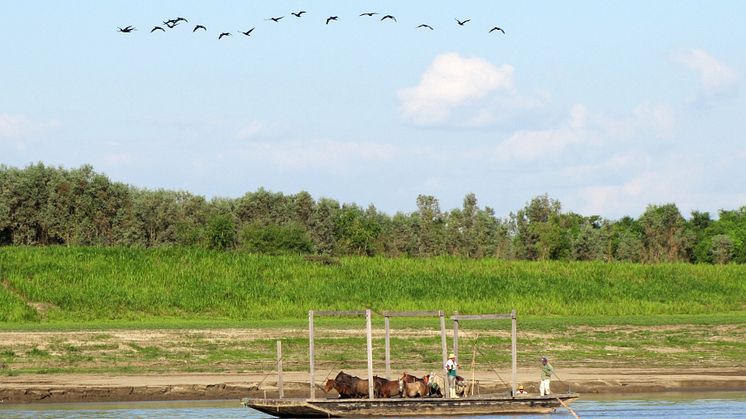
Solar physicists at Northumbria University, Newcastle are poring over brand new images of the atmosphere of the Sun taken by NASA on a recent missile launch.

A major investigation into the impact of thawing permafrost and the subsequent release of frozen carbon on coastlines in the Siberian Arctic has been announced today (Tuesday 3 July).
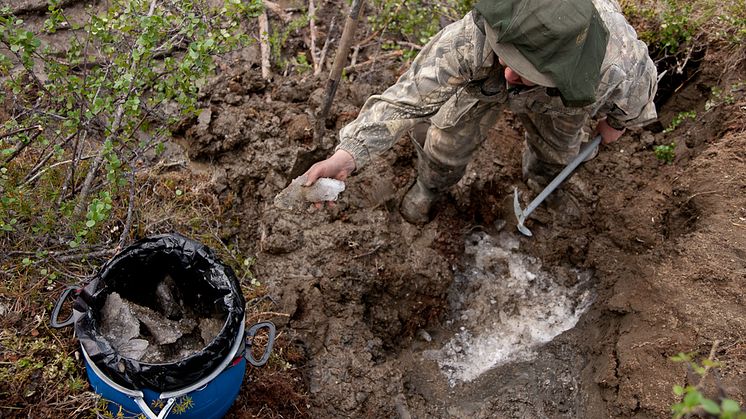
Vasile Ersek, Senior Lecturer in Physical Geography at Northumbria University, and Jack Longman, Research Fellow at University of Southampton, discuss their work undertaken which suggests important role of Balkans in medieval mining due to newly discovered evidence of lead pollution.
New research from Northumbria University has revealed that metal-related pollution began in the Balkans more than 500 years before it appeared in western Europe, and persisted throughout the Dark Ages and Medieval Period, meaning the region played a far bigger role in mineral exploitation than previously believed.

Researchers have discovered mountain ranges and three huge, deep subglacial valleys from data collected during the first modern aerogeophysical survey of the South Pole region. The findings are the first to emerge from extensive ice penetrating radar data collected in Antarctica as part of the European Space Agency PolarGAP project and have been published in Geophysical Research Letters.
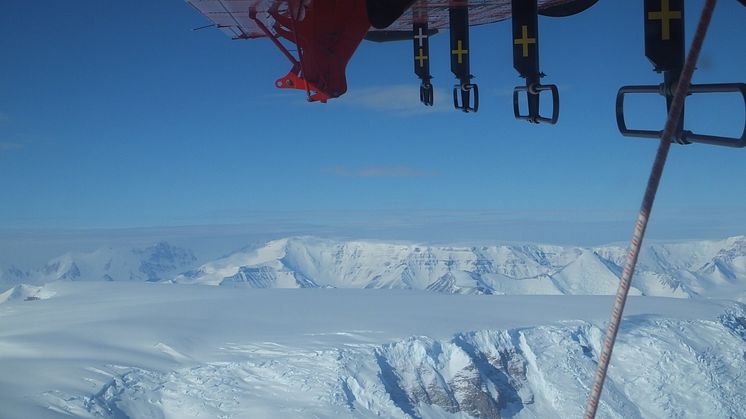
Researchers from Northumbria University have been awarded £754,000 to take part in one of the most detailed and extensive examinations of a massive Antarctic glacier ever undertaken.

Ice cliffs are causing mountain glaciers in High Mountain Asia to melt more rapidly, with only those facing north surviving over the glaciers, according to a new study published today (10 April) in the journal Proceedings of the National Academy of Sciences, PNAS.
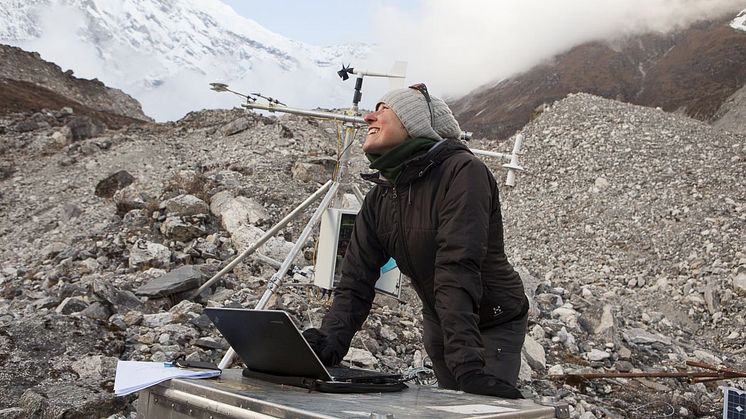
Beekeepers in the North East are being invited to take part in a Northumbria University research project exploring the difference between the plants favoured by city and country bees.

With tens of thousands of salmon currently preparing to lay their eggs in the upper stretches of the River Tyne, a new project hopes to bring their incredible journey to life.
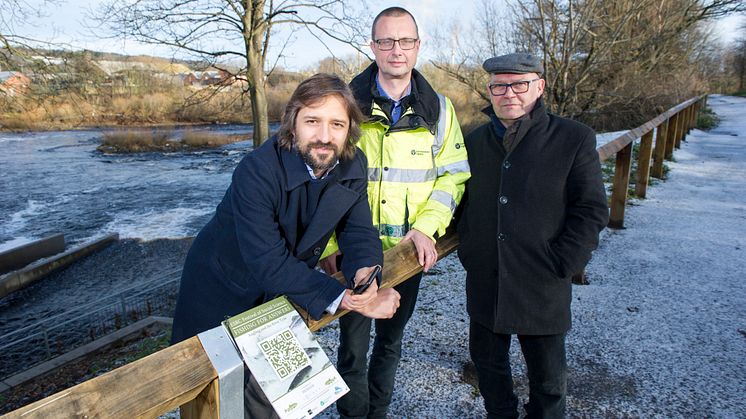
Northumbria is one of three North East universities who will form a new research centre to improve energy technology at the atomic level.

Senior Lecturer in Physical Geography, Dr Bronwen Whitney, contributes to an article discussing Hydroelectric dams threatening Brazil’s mysterious Pantanal for The Conversation.